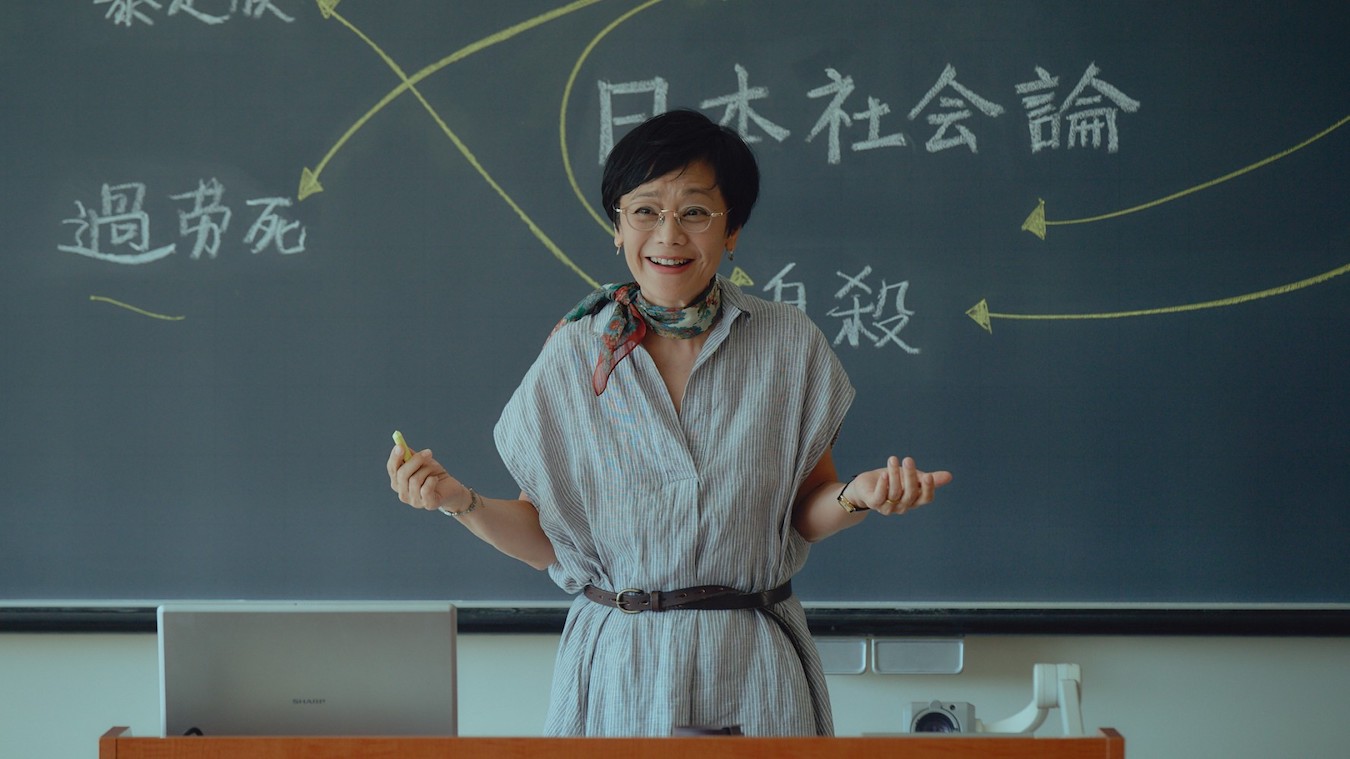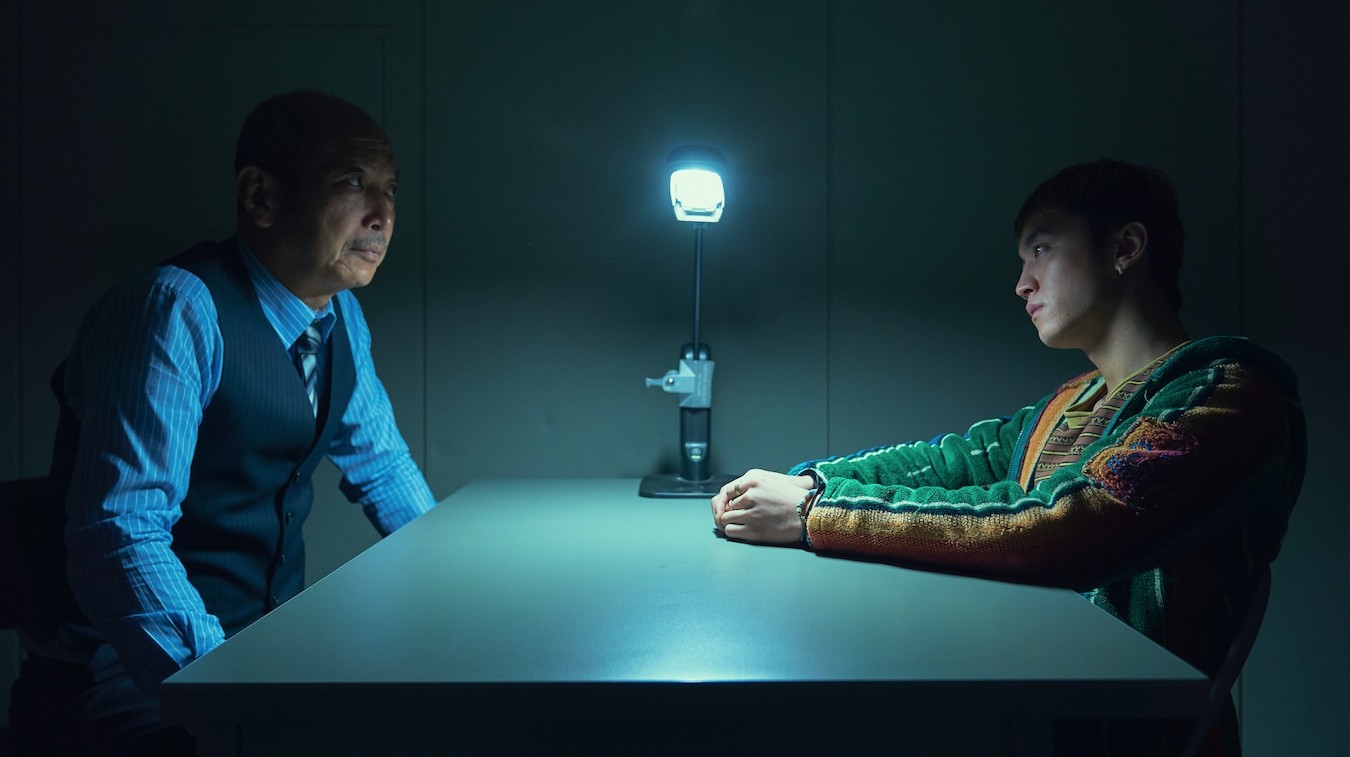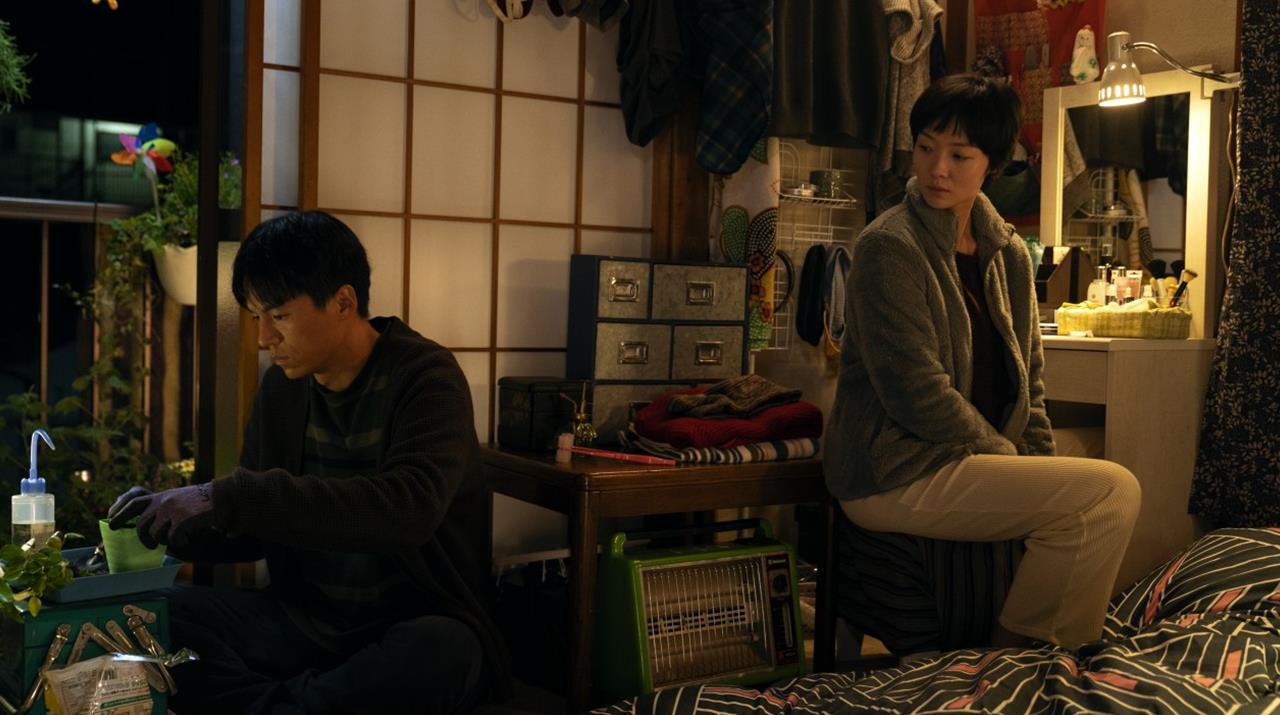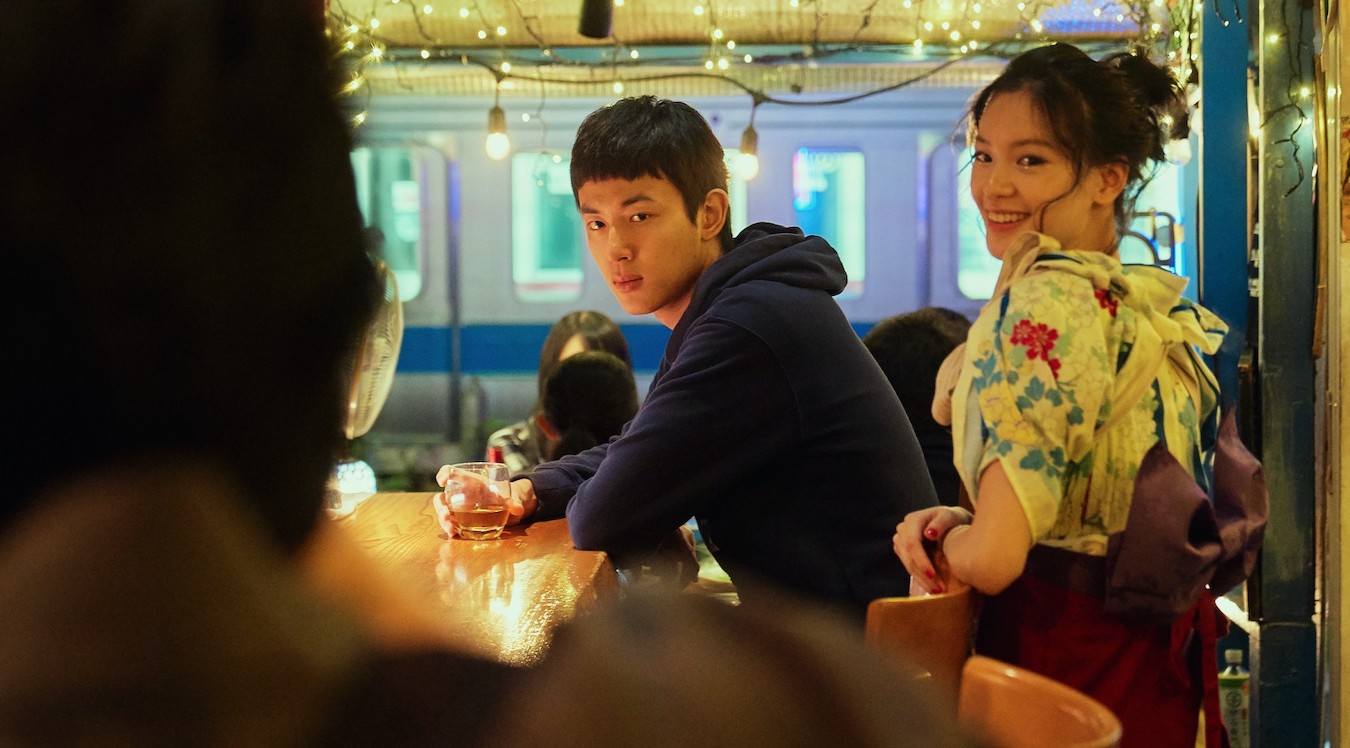by Brian Hioe
語言:
English
Photo courtesy of Xiang Xiang Shi Dai Ent. Culture Media
This is a No Man is an Island film review written in collaboration with Cinema Escapist as part of coverage of the 2022 New York Asian Film Festival. Keep an eye out for more!
BEFORE NEXT SPRING is a humanistic look at a group of young Chinese students working in Japan. Based on the experiences of first-time director Li Gen during his own time studying abroad in Japan, the film proves a strong debut.
The movie follows Chinese student Li Xiaoli, who is studying abroad in Japan, and works in a Chinese restaurant, Nankokute, alongside a group of other Chinese students. Li is shy and clumsy, initially finding it difficult to handle his work and communicate with Japanese, and is plagued by doubts about having left China at a time in which his parents are ill.

Photo courtesy of Xiang Xiang Shi Dai Ent. Culture Media
Other Chinese students include Qiu Qiu, who takes Li in as his surrogate family, and Zhao Aoki, an arrogant half-Japanese co-worker of Li. The film also details the experiences of other Chinese expatriates in Japan, with Taiwanese actress Sylvia Chang making a cameo as an older Chinese teacher who has resided in Japan for many years.
Before Next Spring does not have any particular underlying storyline, except for generally following Li’s experiences over the course of one year. This largely confines the film to the subdued drama of everyday interactions between Li and his friends, as Li gets used to living in Japan, and builds stronger ties with the other students. The only one of these storylines that feels particularly dramatic involves Li’s tensions with Zhao, who resents Li because of his crush on Qiu Qiu, and is later arrested for stealing money from his abusive father.
The protagonists of Before Next Spring are generally outsiders. This is not only insofar as they are foreigners in a foreign country–as Chinese living in Japan–but also because of their socioeconomic status. The student protagonists of the film usually work multiple jobs at the same time as their studies, in Nankokute and other restaurants or cafes, or even in warehouses and factories. Similarly, the film’s older characters are adrift between China and Japan—they’ve spent many years in Japan, and are thus unsure of their relationship with friends and family in China.

Photo courtesy of Xiang Xiang Shi Dai Ent. Culture Media
More generally, it proves surprising for a film about Chinese in Japan to appear at a time of rising tensions between the two countries. Japanese in the film are, for the most part, depicted as simply being people–some are unsympathetic and hostile, while others are friendly and become friends with the protagonists. Another accomplishment of the story is to show changes in relations between Chinese and Japanese characters, with initially hostile Japanese characters gradually warming up to their Chinese co-workers; it’s especially praiseworthy that the film manages this without any sappy melodrama.
However, one notes that the key relationships between characters in the film are still with other Chinese living in Japan, rather than with Japanese. Likewise, none of the characters develop friendships with any Japanese their own age; instead any relationships they develop are with older Japanese–mostly customers at Nankokute.
Before Next Spring is a stripped-down affair, and a quick glance at the credits establishes its independent filmmaking credentials, with links to Chinese and Hong Kong independent filmmakers. For the most part, the film keeps a ground-level approach to the lives of its protagonists, and it does this successfully, retaining a naturalistic storytelling style. One sees shades of Kore-eda, perhaps.

Photo courtesy of Xiang Xiang Shi Dai Ent. Culture Media
That being said, one aspect in which the film does not manage to be naturalistic enough is with regards to its young protagonists, who are played by, of course, movie stars. The characters jump out as universally too good-looking compared to the plebeian environment they inhabit, with the film seemingly having taken few steps to make them look as though they were not stars. This perhaps detracts from the film‘s sense of naturalism.
Apart from this minor flaw, however, Before Next Spring is a gem of a movie, from a new director that has made a promising debut.



